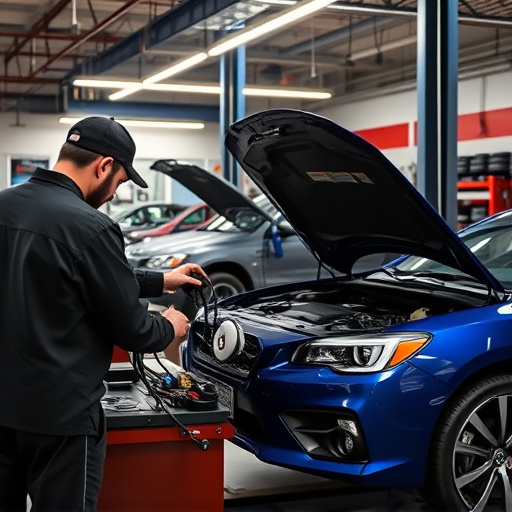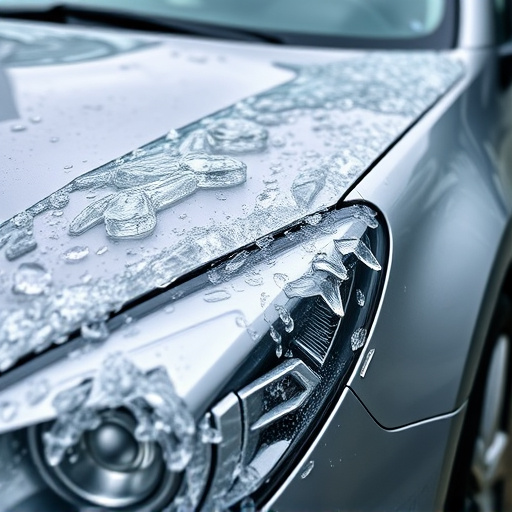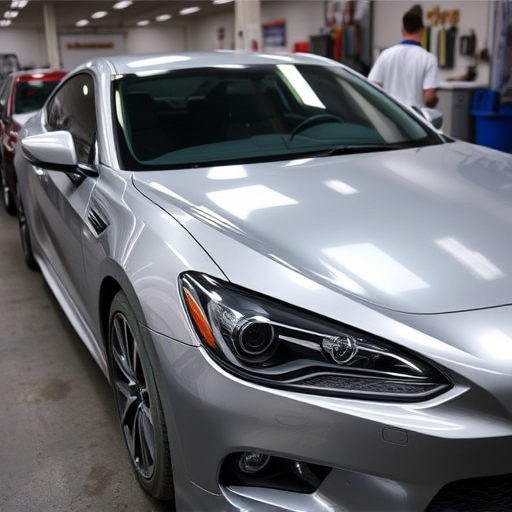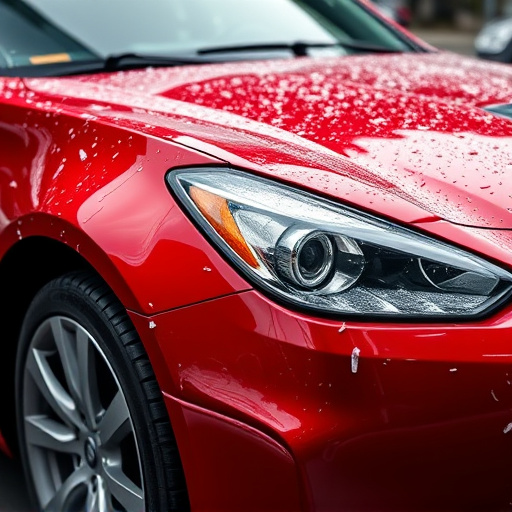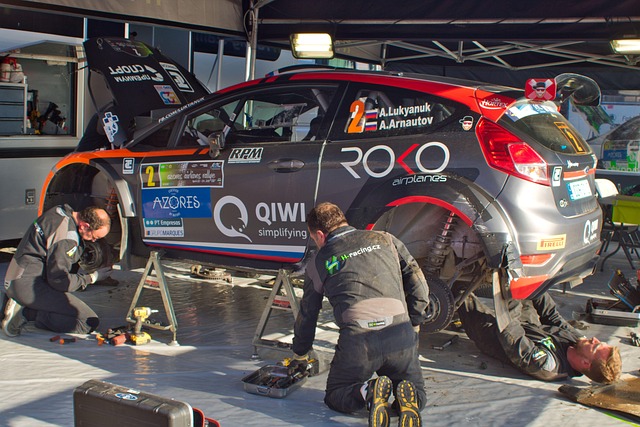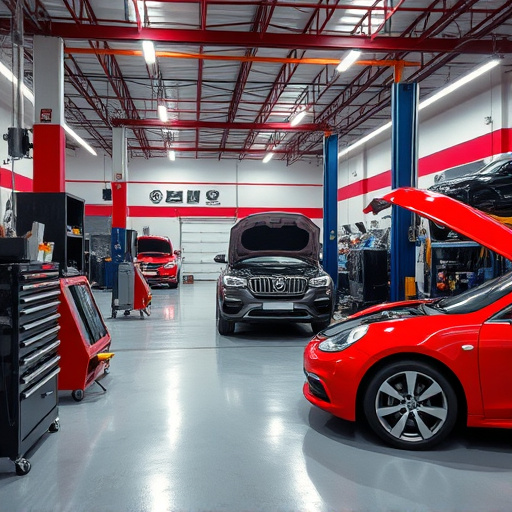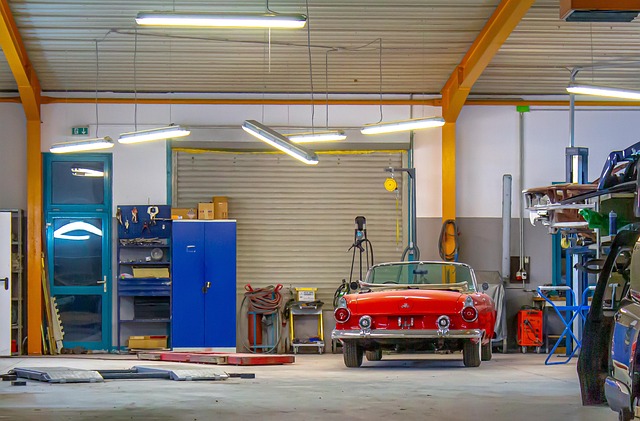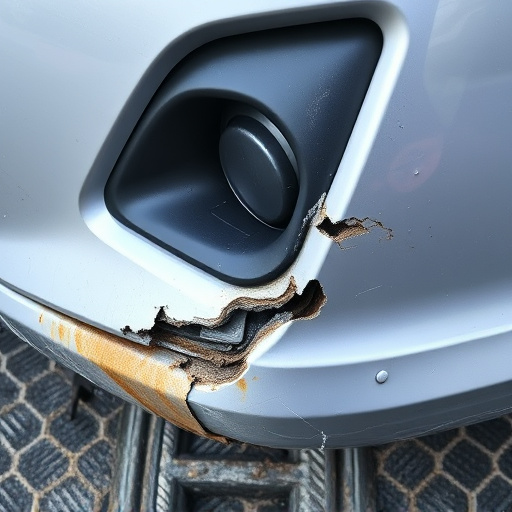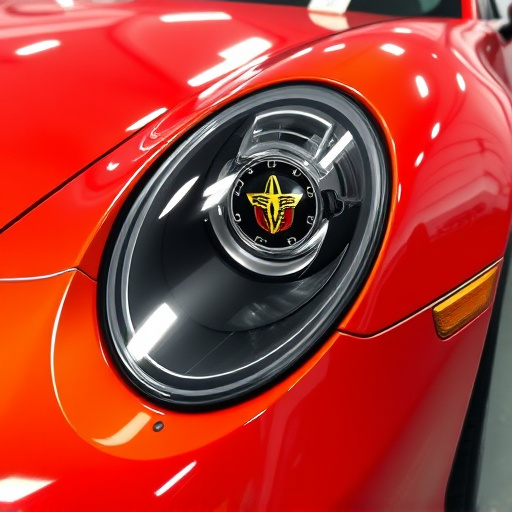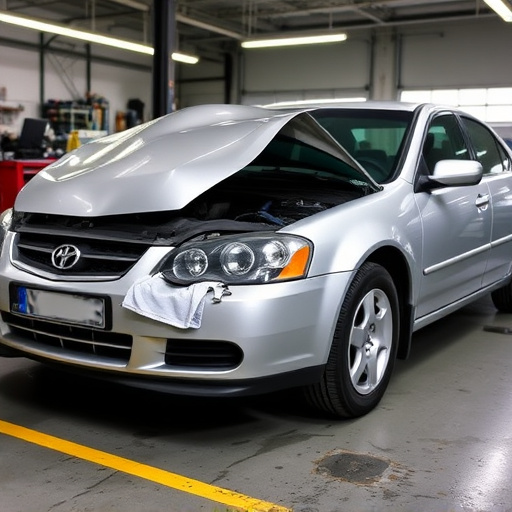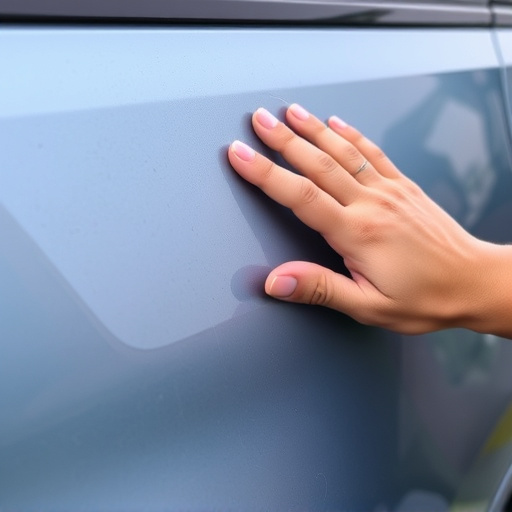Mercedes vehicles' optimal performance and safety rely on precise Mercedes sensor adjustment. Sensors gather data from various systems like engine, brakes, and steering, which the Engine Control Unit (ECU) uses for critical decisions. Calibrating these sensors ensures accurate information exchange within the CAN network, enabling efficient communication between control units. After collision repair or malfunctions, proper adjustment is vital to prevent issues and ensure peak efficiency for all vehicle systems post-repair. Imprecise readings can lead to reduced performance, increased emissions, and accelerated wear, emphasizing the significance of accurate sensor calibration for Mercedes benz repair.
Mercedes vehicles are renowned for their advanced technology and precision engineering. Central to this is the Mercedes sensor adjustment, a critical process that ensures optimal vehicle performance and safety. This article delves into the intricate world of Mercedes sensor adjustment, exploring its role in maintaining seamless integration between sensors, the Engine Control Unit (ECU), and the Controller Area Network (CAN) bus. We’ll uncover how proper calibration enhances modern vehicles’ overall efficiency and reliability, specifically highlighting Mercedes’ commitment to cutting-edge automotive innovation.
- Understanding Mercedes Sensor Adjustment: The Role of Sensors and ECU
- How Sensor Adjustment Maintains Integration with CAN Network
- Benefits of Proper Sensor Calibration in Modern Vehicles (with a focus on Mercedes)
Understanding Mercedes Sensor Adjustment: The Role of Sensors and ECU

In Mercedes vehicles, sensor adjustment plays a pivotal role in ensuring the seamless integration and optimal performance of various systems. Sensors are the eyes and ears of the car, constantly gathering data from different components such as the engine, brakes, steering, and more. This raw data is then processed by the Engine Control Unit (ECU), which acts as the brain, making critical decisions to control and optimize vehicle dynamics. The ECU coordinates everything from fuel injection to braking force, ensuring a smooth driving experience.
The Mercedes sensor adjustment process involves calibrating these sensors to provide accurate and consistent information to the ECU. This is crucial for maintaining the car’s overall performance and reliability. In case of any malfunction or damage, like that which might occur during a car collision repair, proper sensor adjustment becomes even more critical in ensuring that the vehicle operates at peak efficiency after car repair services are rendered, averting potential issues arising from inaccurate sensor readings.
How Sensor Adjustment Maintains Integration with CAN Network

Mercedes sensor adjustment plays a pivotal role in maintaining seamless integration with the vehicle’s CAN (Controller Area Network) network. Each sensor is meticulously calibrated and adjusted to transmit precise data, ensuring optimal communication between various control units within the ECU (Engine Control Unit). This intricate process involves fine-tuning sensor parameters such as sensitivity, threshold levels, and signal frequency, all while adhering to the specific requirements of the Mercedes vehicle’s complex network architecture.
Proper sensor adjustment is crucial for a vehicle body shop or collision repair facility to ensure that post-repair, all sensors function at peak performance. By accurately configuring these sensors, the CAN network can efficiently exchange data related to critical parameters like speed, temperature, pressure, and position, facilitating coordinated control of various systems across the vehicle, including engine management, transmission, and active safety features.
Benefits of Proper Sensor Calibration in Modern Vehicles (with a focus on Mercedes)
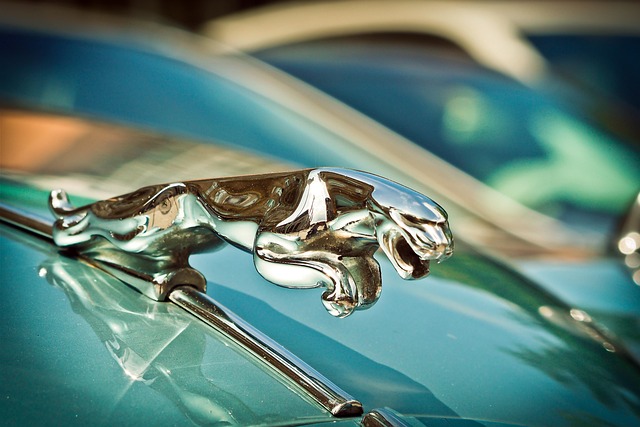
Proper sensor calibration is paramount in modern vehicles, including Mercedes, as it ensures optimal performance and safety. Sensors play a critical role in various systems, from engine management to adaptive suspension, by providing real-time data that helps the vehicle’s Electronic Control Unit (ECU) make precise adjustments. For Mercedes vehicles, known for their advanced technology and craftsmanship, accurate sensor readings are essential for maintaining the brand’s reputation for precision engineering.
When sensors are improperly calibrated, it can lead to a cascade of issues. For instance, an incorrectly adjusted oxygen sensor might result in inefficient combustion, increased emissions, and reduced fuel economy. In Mercedes benz repair, restoring proper sensor calibration is a vital step in vehicle restoration, ensuring that the car operates seamlessly, safely, and efficiently. This precision is not just about optimal performance; it also contributes to the longevity of the vehicle’s components, making them less prone to wear and tear during everyday driving.
Mercedes sensor adjustment is a critical process that ensures the seamless integration of sensors with the vehicle’s Electronic Control Unit (ECU) and CAN network. Proper calibration not only enhances the accuracy of sensor data but also plays a pivotal role in the overall performance, safety, and efficiency of modern Mercedes vehicles. By maintaining optimal sensor adjustments, the system can effectively communicate and respond to changing conditions, ultimately contributing to a more reliable and refined driving experience.
